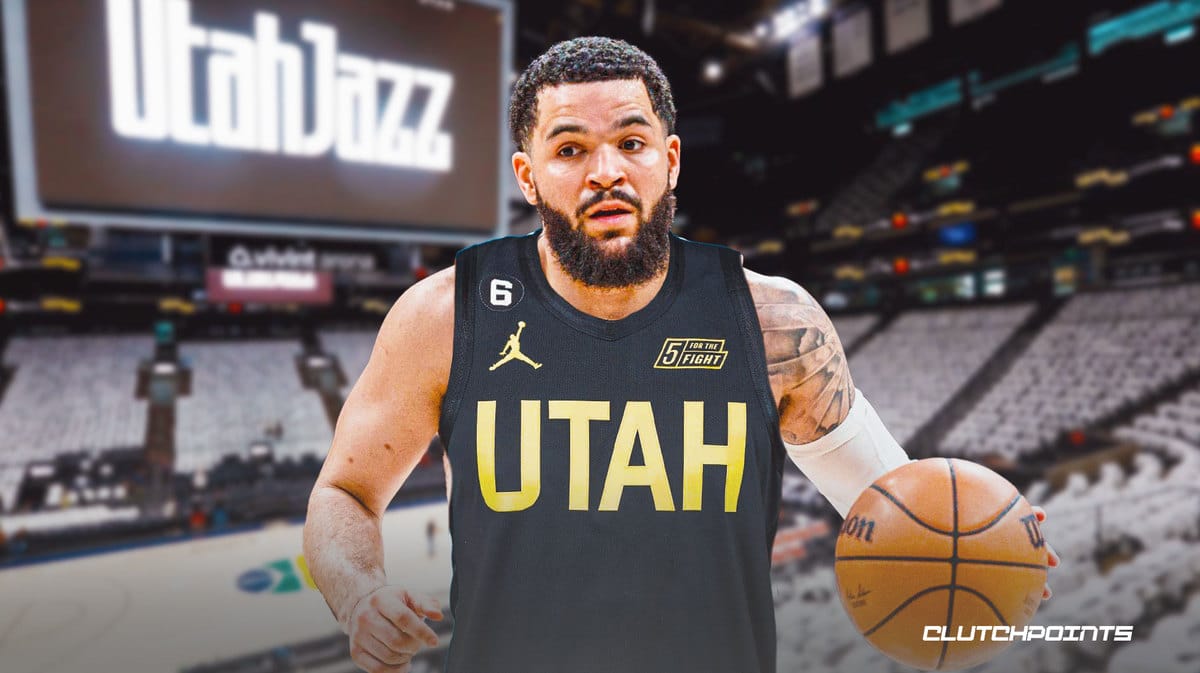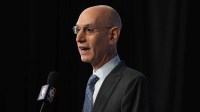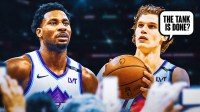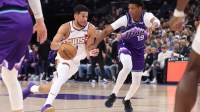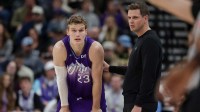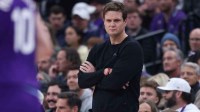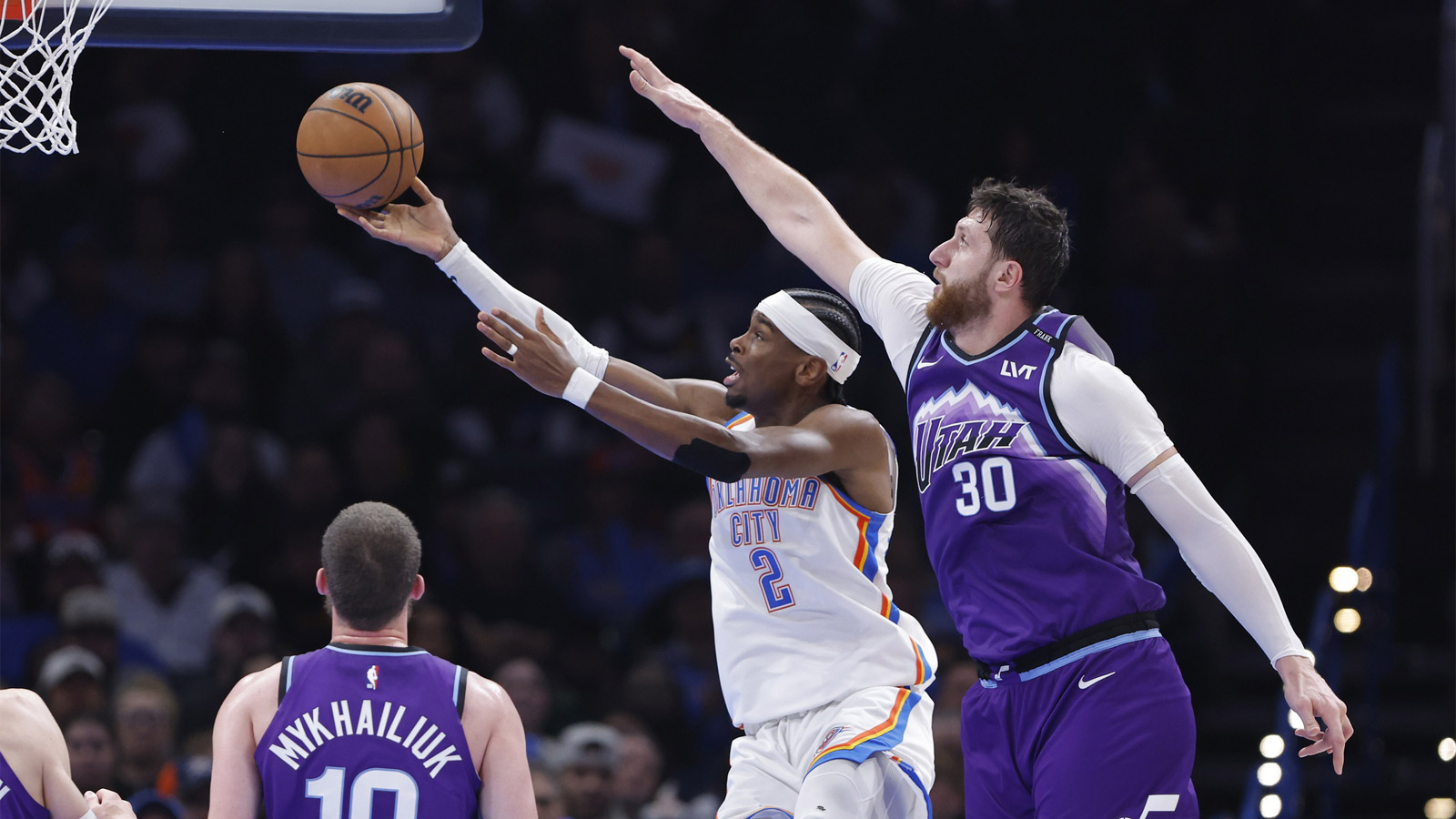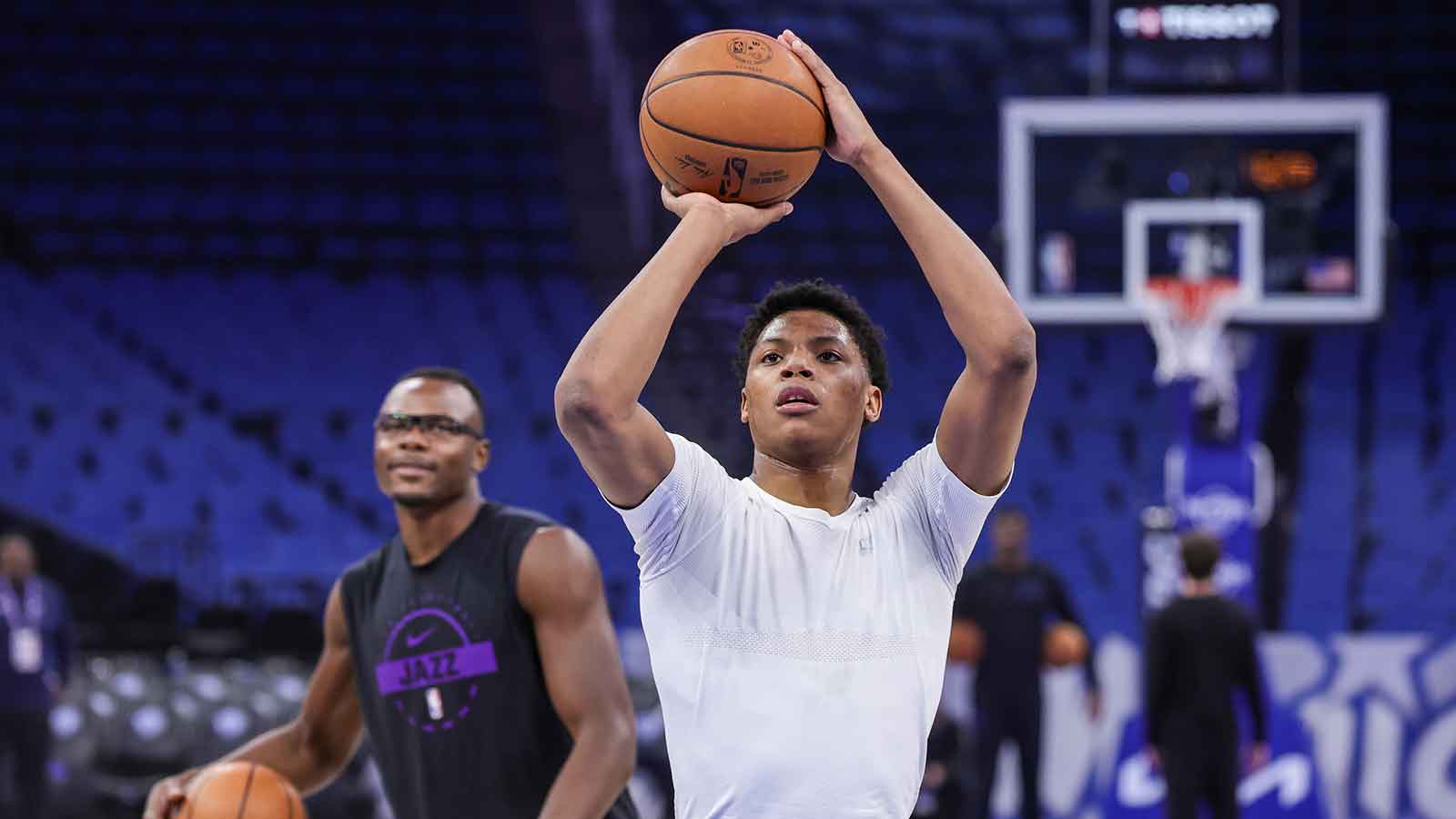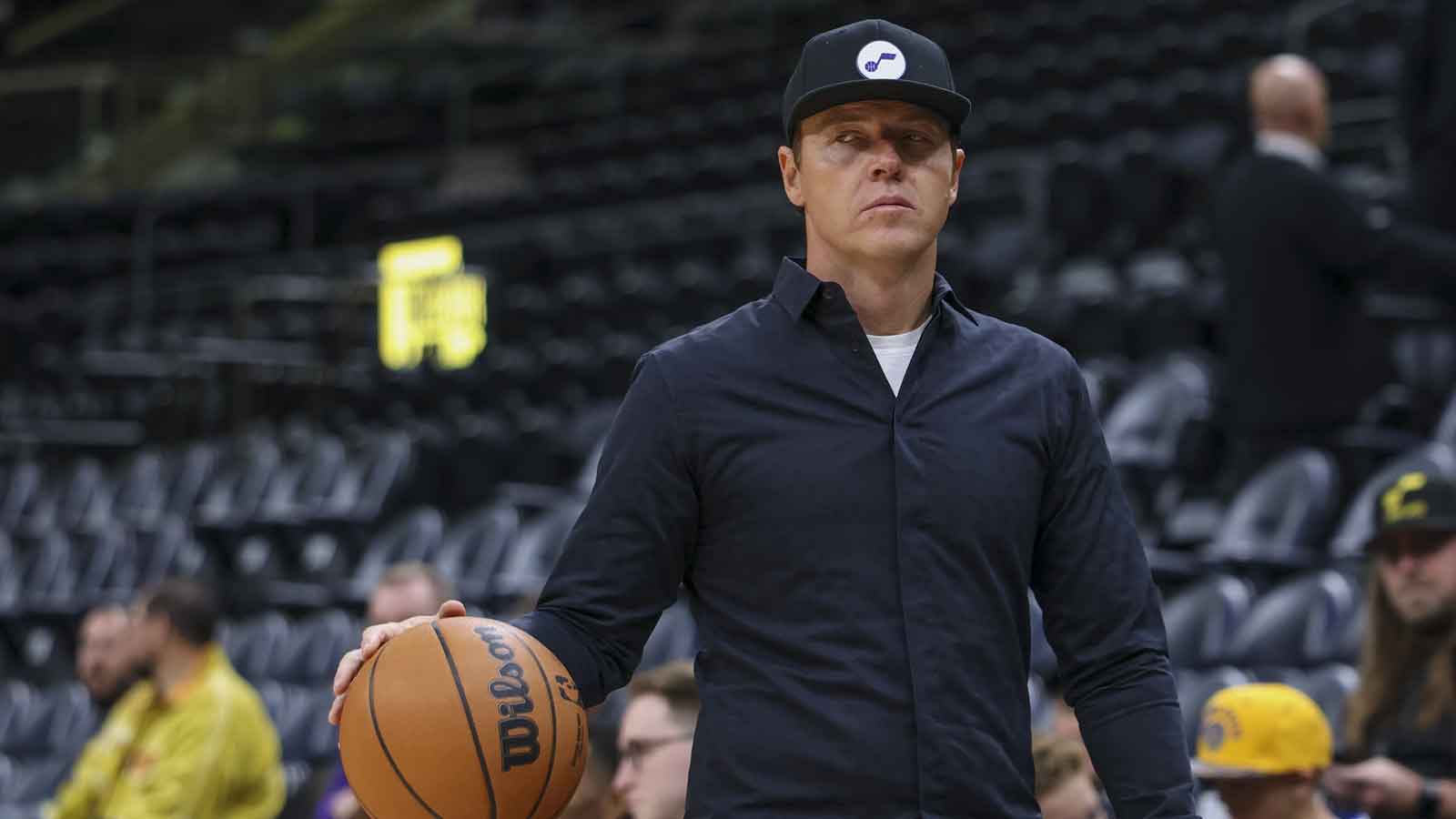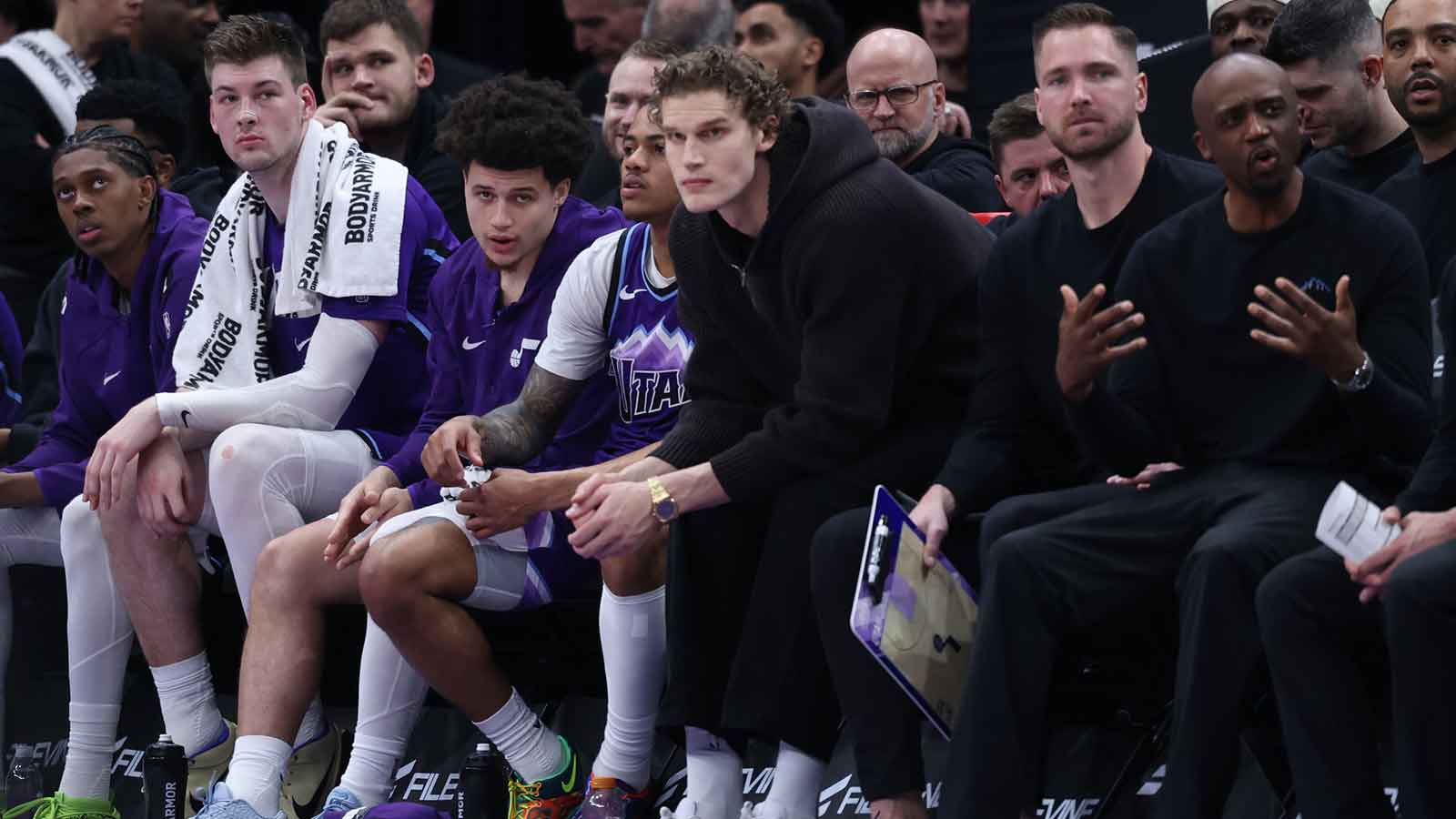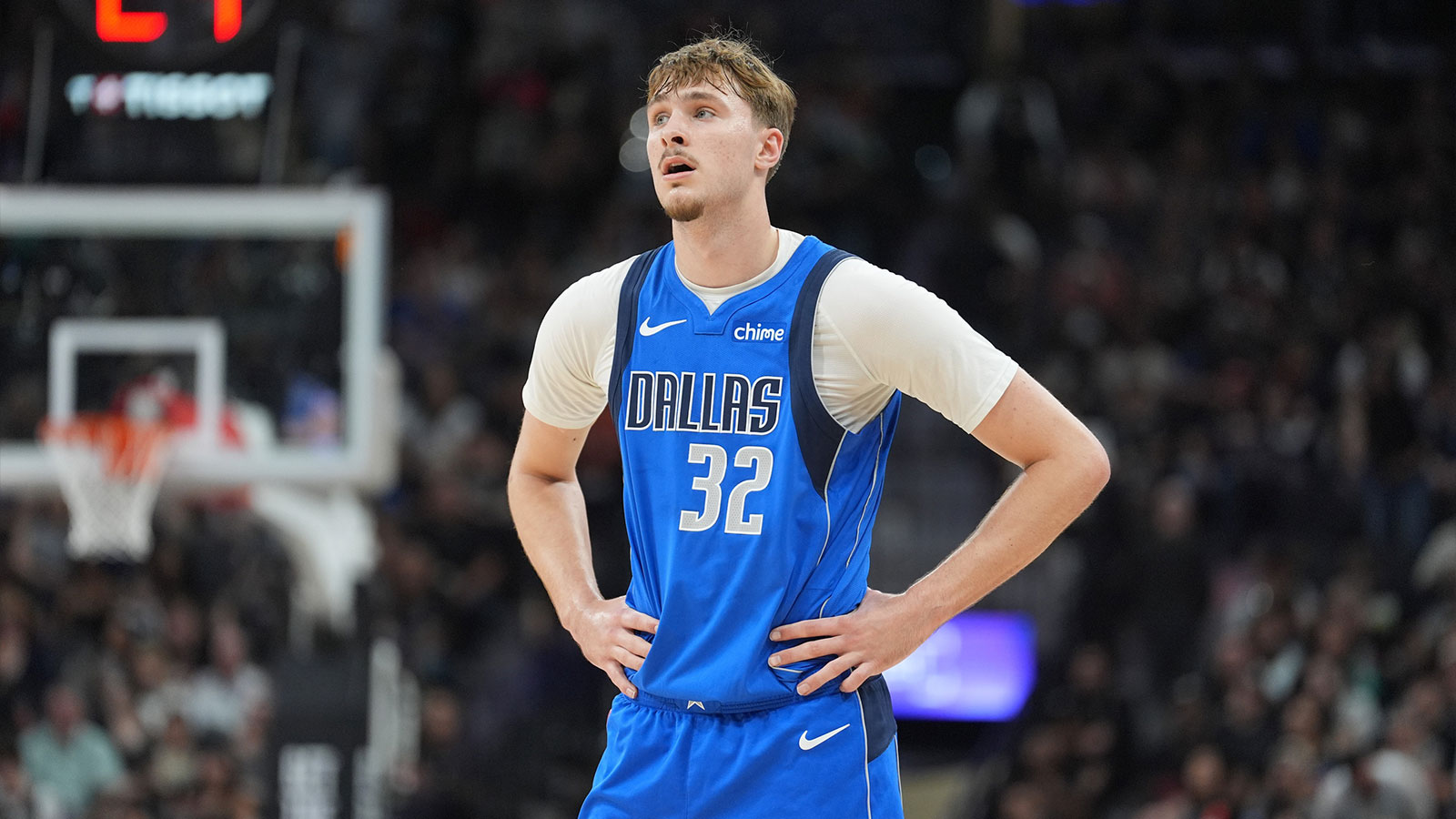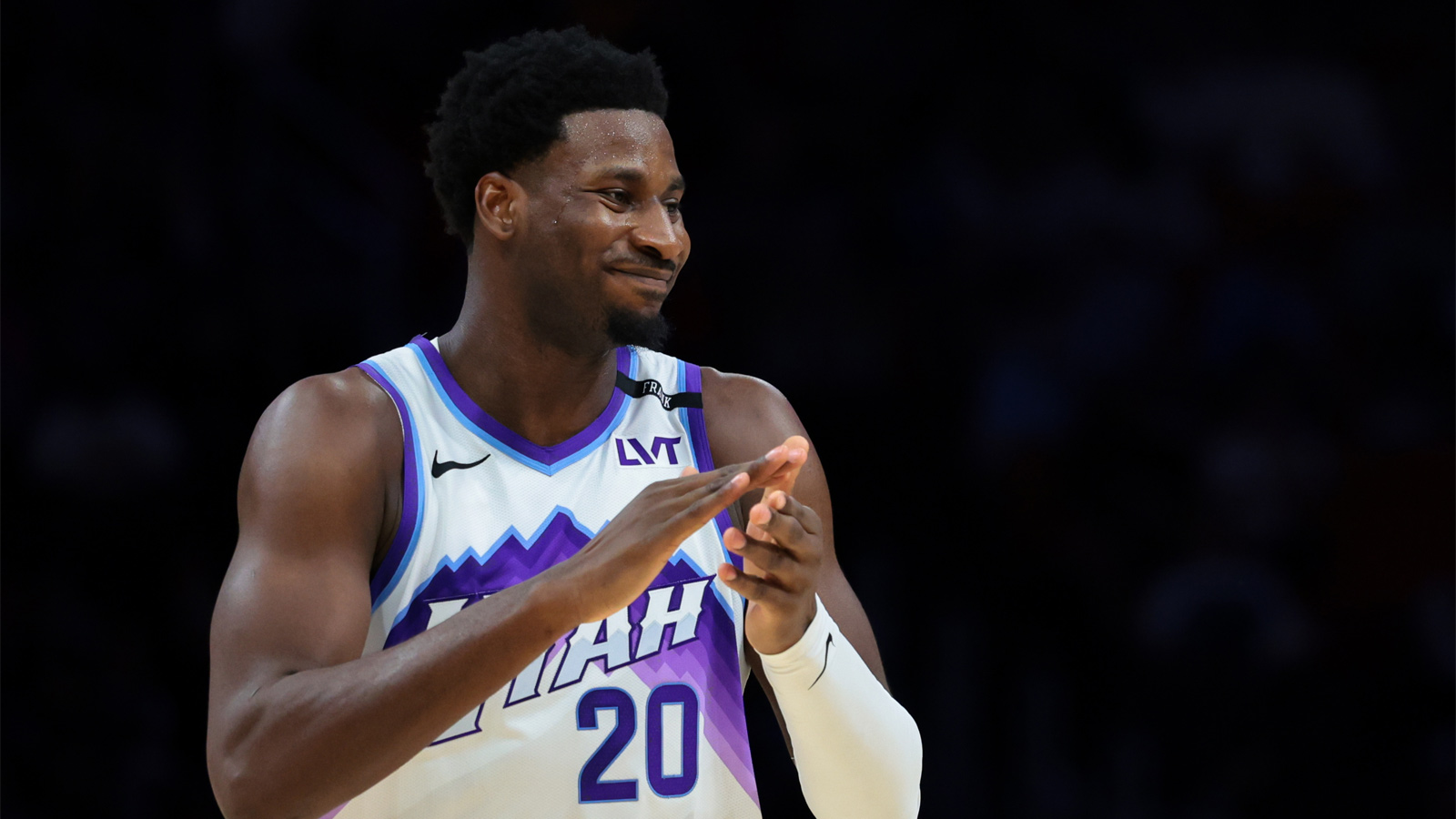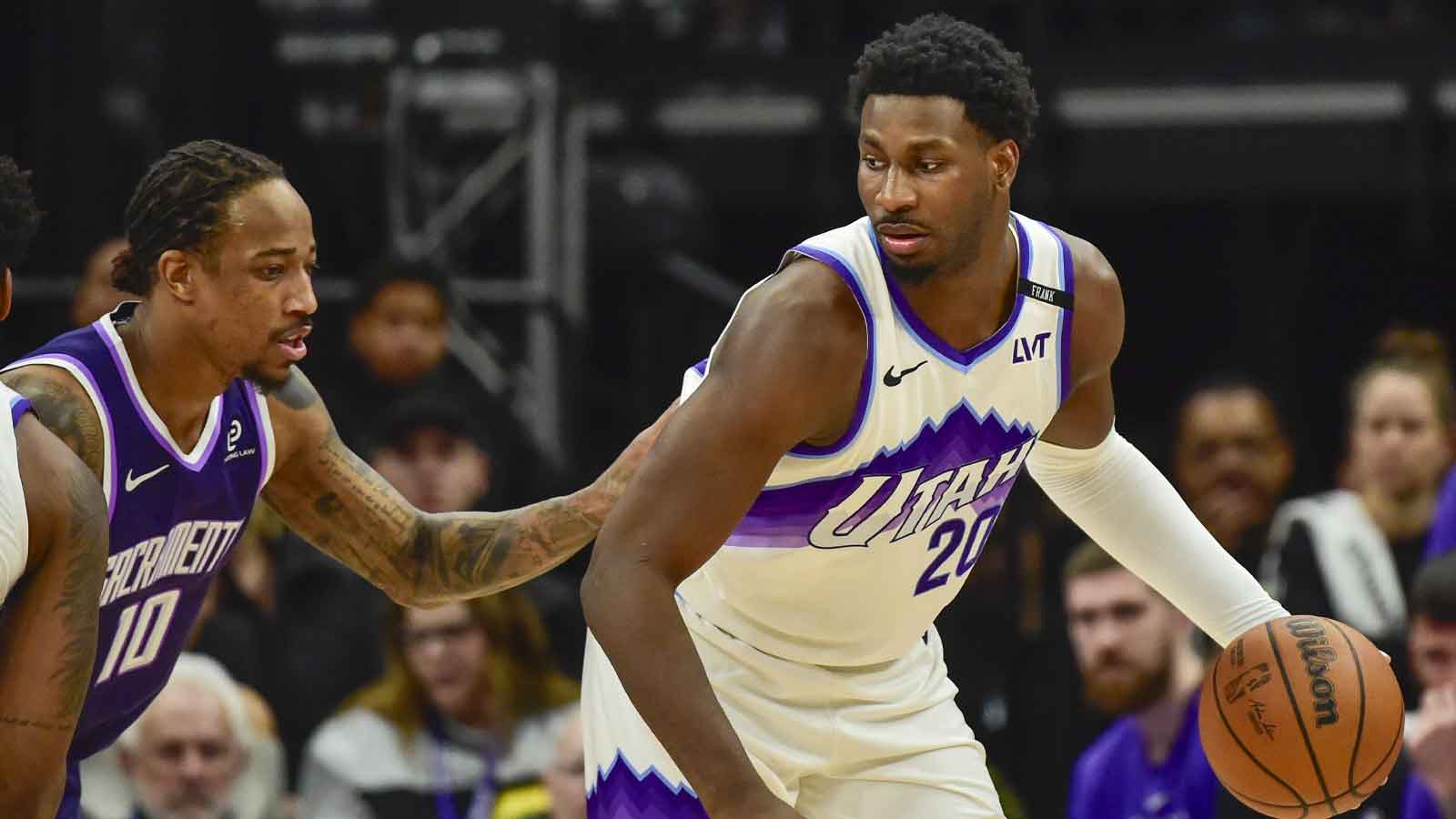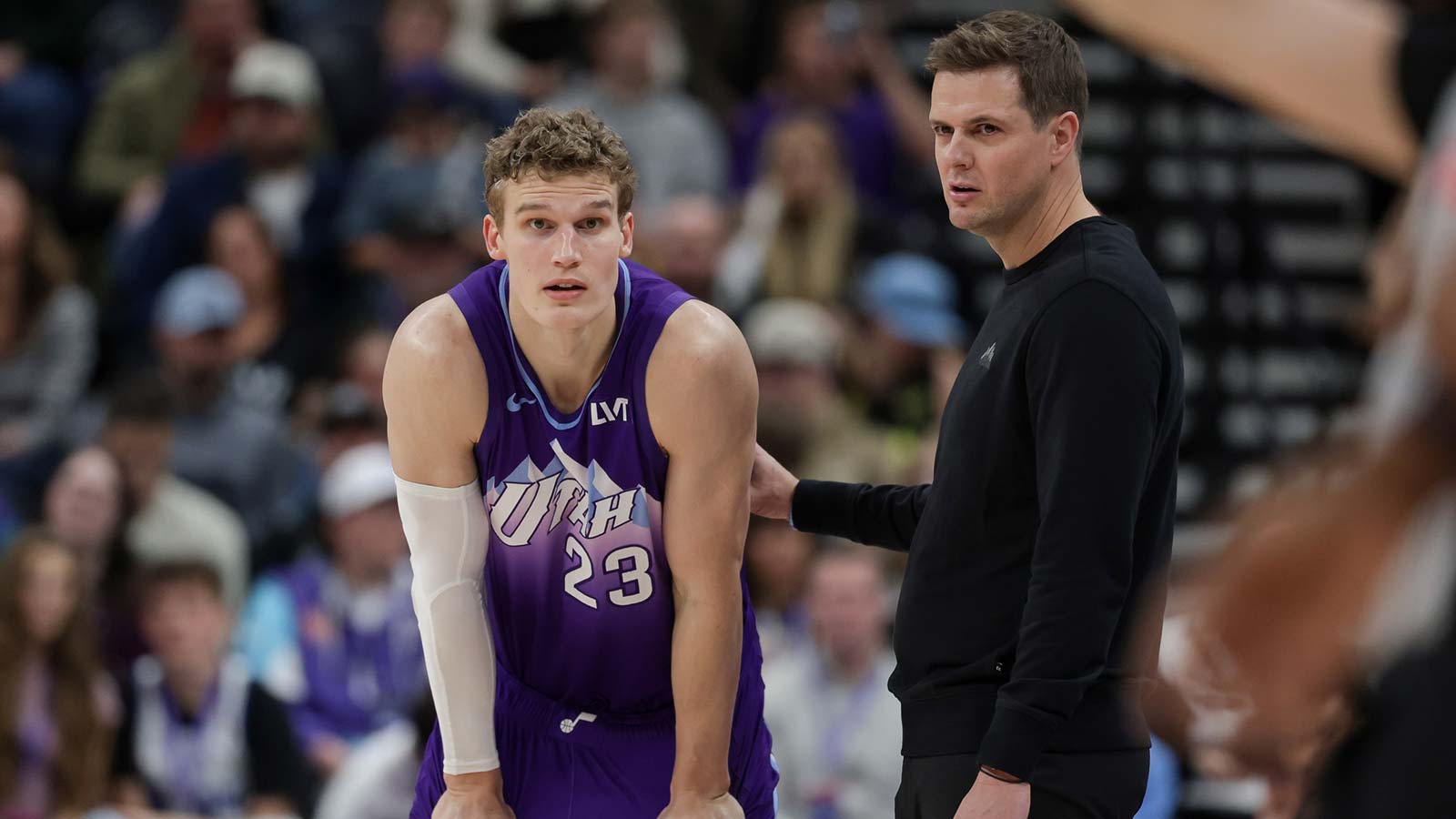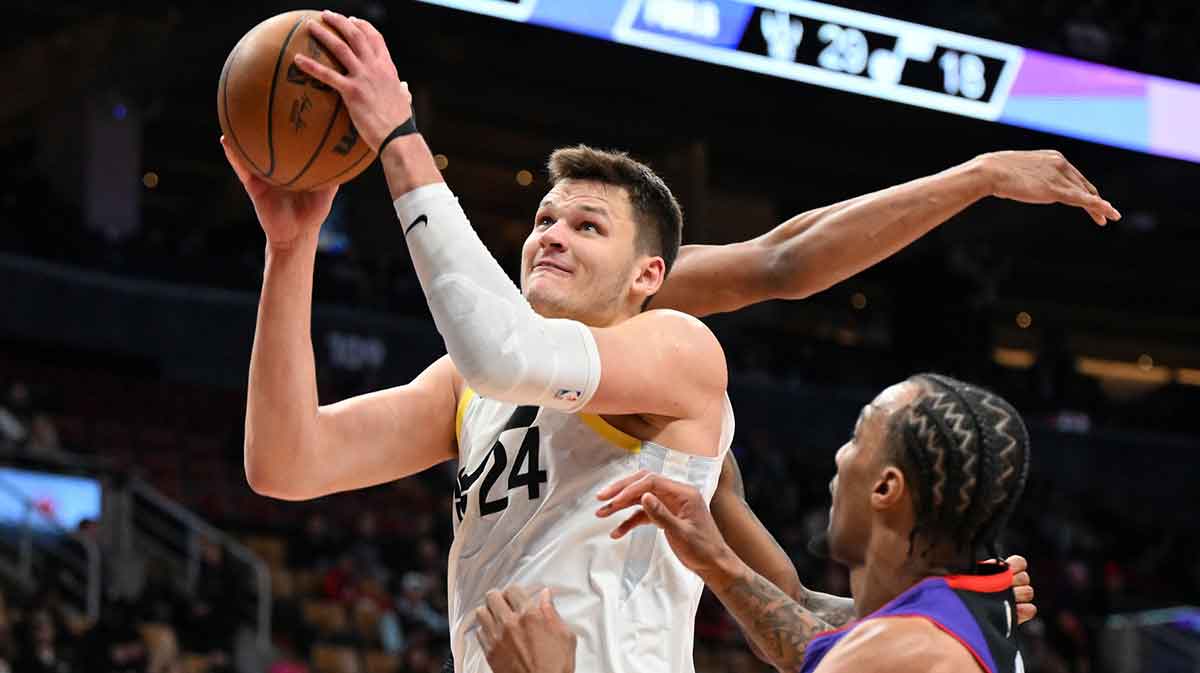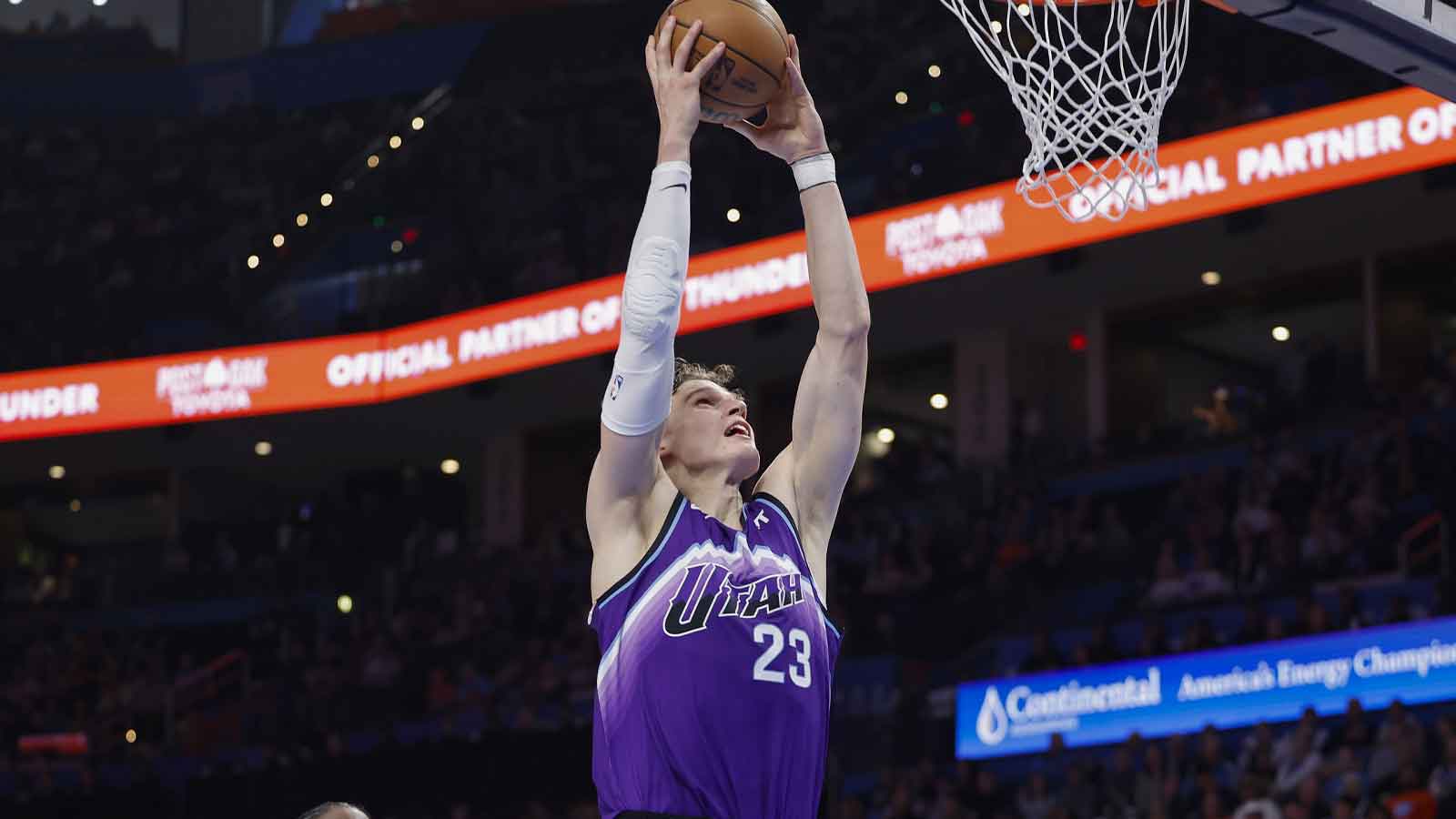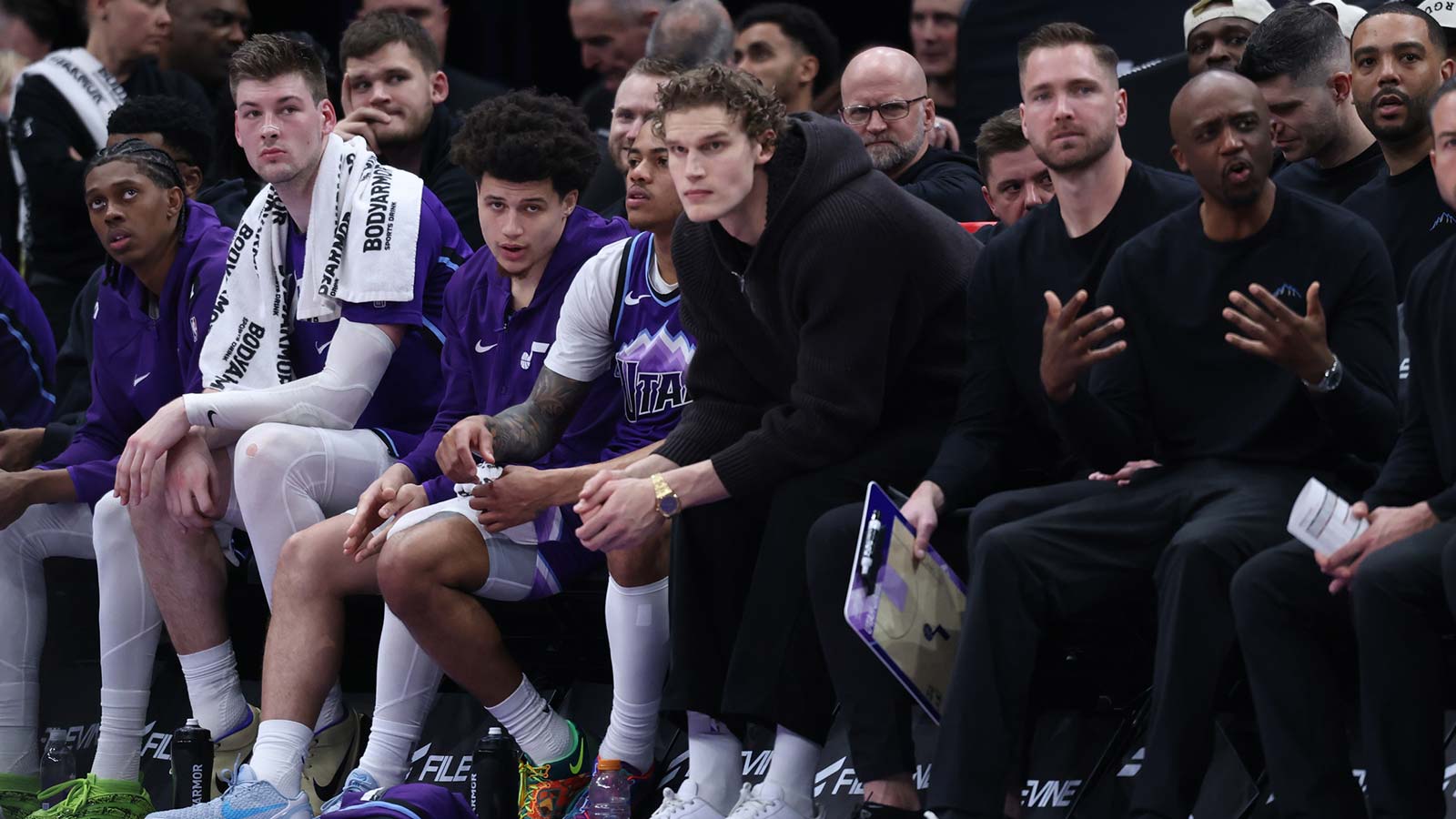The Utah Jazz were the NBA's most surprising team for four months of the season, sitting at 31-31 on February 25th, squarely in the Western Conference playoff picture. Despite dismantling a long-time contender by trading Donovan Mitchell and Rudy Gobert for roughly eight dozen draft picks, the Jazz didn't seem that much worse for the wear. Although water ultimately found its level and the Jazz fell out of the postseason race, it's clear that this team is going to be a lot better a lot sooner than people anticipated. With a bonafide star in Lauri Markkanen leading their offense and a budding Defensive Player of the Year candidate in rookie Walker Kessler anchoring their defense, the Jazz enter the offseason with the bones of a playoff roster for years to come. Here are the moves the Jazz need to make in the 2023 offseason to become contenders once again.
3. Bolster their backcourt
While the Jazz roster is headlined by studs like Markkanen and Kessler, their backcourt is fairly cobbled together. Jordan Clarkson, Colin Sexton, Kris Dunn, Talen Horton-Tucker: all fine players, but ultimately spare parts from other teams. In this sense, the Jazz are able to summon decent production by committee—Sexton and Clarkson are scoring specialists, Horton-Tucker gives them size and athleticism, Dunn is an ace defender—but it's difficult to piece together all-around lineups because of each player's individual deficiencies. They can build guard duos that can pass, shoot or defend, but not ones that can capably do all three.
As such, the next step for the Jazz is to find a guard who can hold down a starting spot in their backcourt and shift the rest of their roster into usages that they're more well-suited for. Luckily, Fred Van Vleet, one of the NBA's most well-rounded smaller players, is available this offseason and the Jazz have the capacity to maneuver their way into enough room under the salary cap to sign him. While doing so would require sacrificing some current rotation players, it would significantly strengthen their team. This season, Fred Van Vleet has relatively struggled, but it's a testament to the high standard he's set that 19.5 points and 7.2 assists per game can qualify as struggling. Fred Van Vleet would instantly be the Jazz's best pure point guard since Deron Williams and could vault them into play-in, if not playoff, contention.
2. Find shooting
No matter how well-designed coach Will Hardy's offense or how dangerous Lauri Markannen's individual scoring may be, the Jazz need more collective shooting if they want to make the next step in their development. On the season, the Jazz have taken the fifth most threes in the NBA (good), but are the 19th most accurate team, making just 35.4 percent of those attempts (less good). Even more concerning, they've shot just 33 percent from three in the 24 games since they traded Malik Beasley, who was previously their best shooter and primary three-point threat. Without Beasley, their offensive rating has plummeted to 113.8 points per 100 possessions, a massive fall-off from the 117.7 mark they posted in the 56 games prior to the deal.
To wit, the emergence of Walker Kessler has further cramped the offense. While Kessler plays a hugely important role and fortifies their defense, he's not nearly the offensive threat that Kelly Olynyk is, sapping the offense of a bit of its functionality. As such, it's imperative that the Jazz add a sniper this summer to fix the problems that befell them during their late season skid.
1. Develop Walker Kessler
During the Rudy Gobert era, the Utah Jazz saw firsthand how an ineffective offensive center can neuter the whole offense. Although Gobert was over-hated and wasn't nearly the zero that his detractors claimed him to be, the Jazz's offense was hampered by his teammates' lack of trust in him. Opponents could comfortably switch smaller guards onto him, secure in the knowledge that Donovan Mitchell wouldn't pass to Gobert and that Gobert wouldn't be able to punish the smaller defender even if he did manage to get the ball. Each year in the playffs, the Jazz reached a point where the offense couldn't thrive with Gobert on the court, but the defense couldn't function without him.
With Kessler, the Jazz once again have a dominant defensive big man on their roster. In his rookie year, Kessler averaged the fourth most blocks in the NBA (2.3 per game) and had the second highest block rate (8.6 percent). It's premature to say that he could reach Gobert's level, but it's obvious that he's a foundational part of the Jazz's future. Encouragingly, he also showed surprising promise on offense, scoring 9.2 points per game and leading the league in field goal percentage, converting 72 percent of his shots. To be sure, his offensive role primarily consisted of setting screens and dunking, but it still speaks to a baseline level of touch and awareness. If Jazz use the offseason to develop him from a passable offensive player to a legitimately good one, they'll be back in the playoffs next year.

